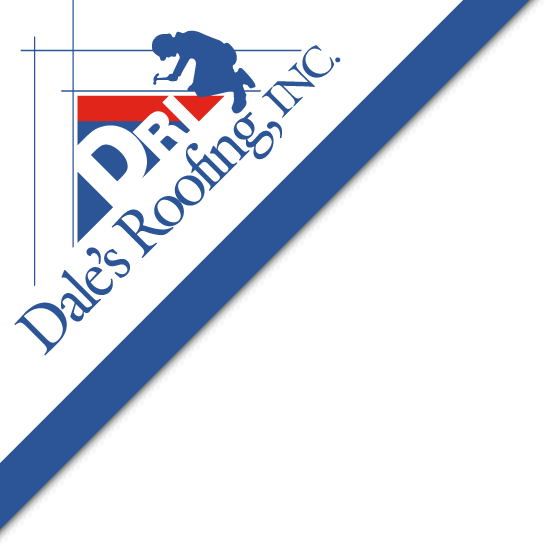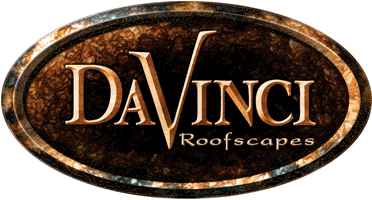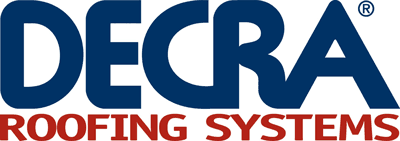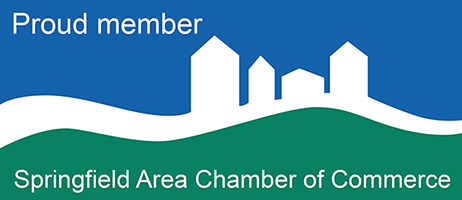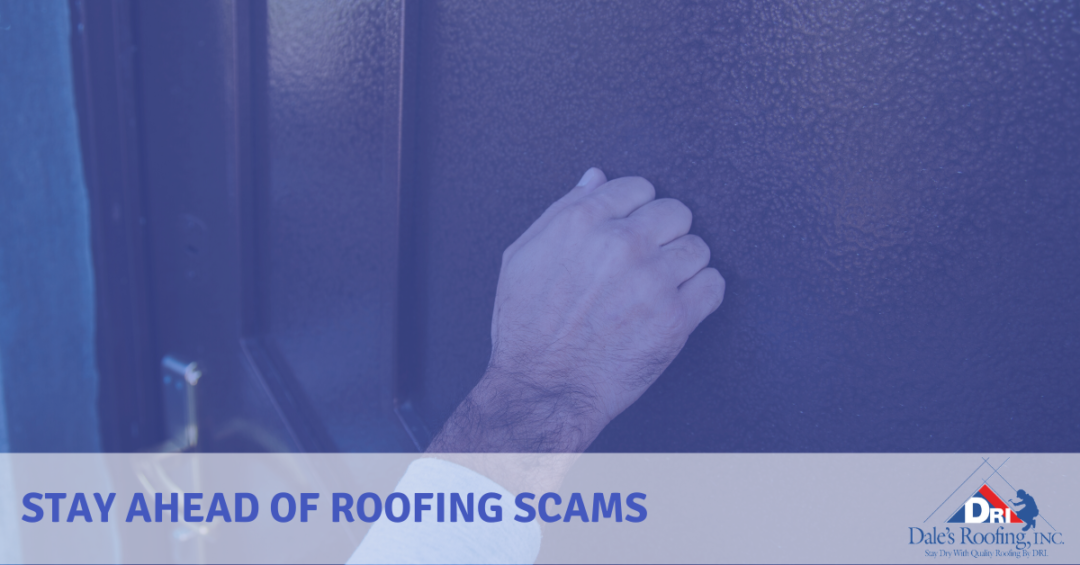
What a time to be alive, right? We have a global pandemic the likes of which we haven’t seen in over a century, apparently “murder hornets” are a thing, and on top of all that, we’re still dealing with the expected challenges of springtime. Namely storms—lots and lots of storms, bringing with them lots and lots of hail.
Storms don’t just bring hail, though. They also bring con-artists out looking to scam a quick buck by preying on perfectly ordinary concerns. Scammers are going to scam, that’s what they do, and they’re always around. But right now, they seem to be out in full force.
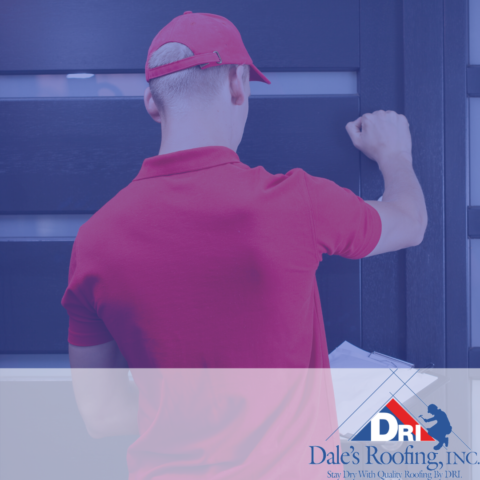
In some ways, it makes sense. Our world has been turned upside down by COVID-19; people are afraid and uncertain, and what better way to make that worse than suggest there might be something wrong with the one place you feel the safest? Con-artists know that people are afraid and they know that people who are afraid are people who are willing to spend money to ensure their safety.
Because of all this, we’re here to give you a little reassurance, and to remind you to remain vigilant. Roof scammers are out there in full force, making calls and knocking on doors to warn homeowners of potentially costly damage. While this is nothing new, and it’s always good practice to remain vigilant of anyone attempting to sell you something you didn’t ask about, this is especially true while we’re in the midst of a pandemic and when it is still important to limit face-to-face contact.
So should you ignore it when someone knocks on your door or gives you a call and informs you that your roof needs attention? It’s always better to be safe than sorry, and it’s absolutely best to be safe the smart way. The smart way involves reaching out to a local company—one you know by name, if not reputation—to get them to assess your roof. Don’t let anyone you did not personally contact into your home. Look for a physical address, a local phone number, and a verifiable history of work done in the area.
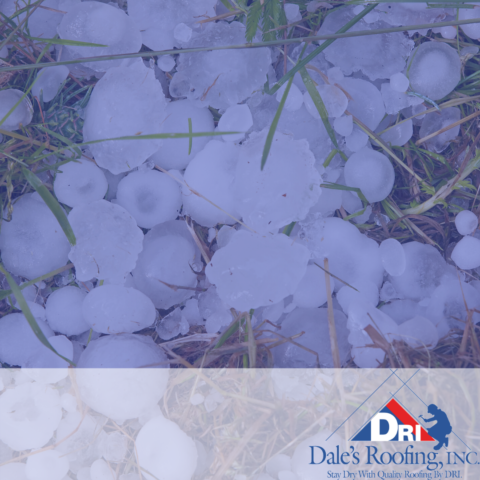
Roofing scams may unfold in a number of ways. The scammer may request a deposit for work that is never completed; the scammer may conduct full or partial work that either exacerbates existing damage or creates damage where there was previously none; the scammer may commence work on the roof and abandon it before work is completed; the scammer may quote a price for repairs that increases as unforeseen additional complications are uncovered.
The way the scammers approach you can vary, as well. Perhaps the story is they were doing work in the neighborhood and just happened by your home. Often they will go door-to-door, but they might even have your mobile phone number, which is sadly easy enough to get these days. In the case of storm chasers, they will do their best to convince you that there is damage to your roof and that they can get you a good discount on a repair or replacement. Once the insurance money comes in, the so-called roofer, using cheap material, performs the repair, pockets whatever’s remaining from your insurance payout, and hits the next house. That is, if they stick around long enough to even fix whatever they claimed was wrong with your roof to begin with.
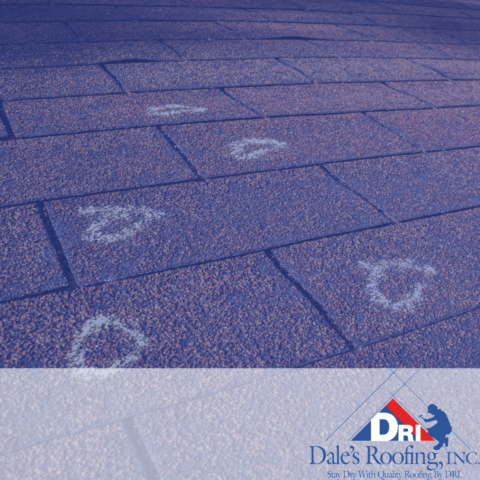
Bottom-line, these people are very skilled at talking good folks out of their money. When it comes to your home and your finances, it pays to be cautious. It also pays to be patient. The insurance process can take time. A professional roofer will let you know if the damage is the type that needs immediate attention or if it can wait a few weeks. At Dale’s, we’ll provide short-term solutions for immediate problems as wait for insurance to come in. A lot of the time, though, these short-term solutions aren’t needed, and your home and roof won’t be any worse off by waiting.
So, to recap: scammers are in our area right now and they are aggressive. If you’re worried about your roof, call Dale’s Roofing for a free inspection. We’ll let you know if there’s an issue and help you work through your insurance claim. It’s good to be vigilant about your roof, especially during storm season. It’s also good to take your time, because even with insurance, your roof can still be a hefty investment. You owe it to yourself to not rush.
